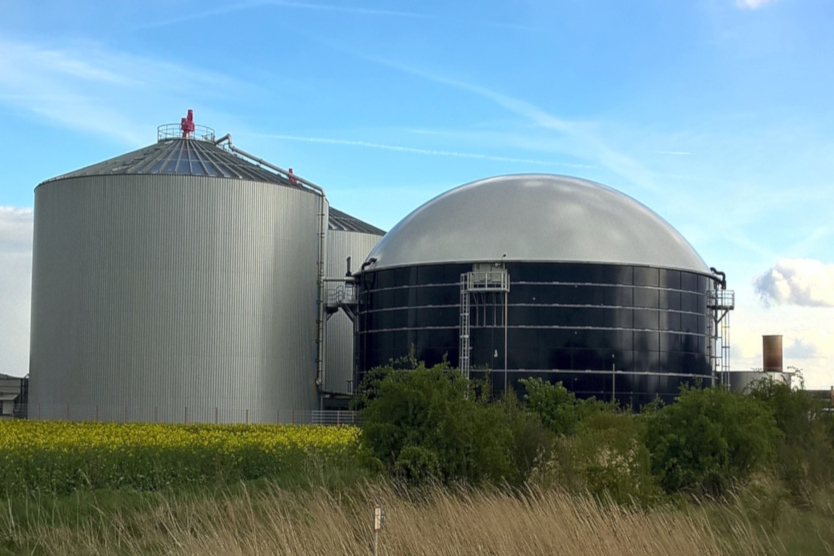
The Technical University of Munich (TUM) is spearheading an international collaboration to develop a prototype plant for producing renewable H2 from biogas in Bavaria.
© pixabay
liAt the moment, almost 50 percent of the world’s industrial hydrogen (H2) is produced by steam methane reformation in a process that is energy intensive and generates climate-forcing greenhouse gases. But in the future, the world’s hydrogen needs must be supplied via sustainable and carbon-neutral processes.
In this context, the Technical University of Munich (TUM) is spearheading an international collaboration to develop a prototype plant for producing renewable H2 from biogas in Bavaria. The EU project Electrified Reactor Technology (EReTech) brings together 14 partners from science and industry. The key implementation partner is SYPOX (a TUM spin-off), which specialises in electrically-heated chemical reactors that convert biogas to H2 in a carbon-neutral way. The start-up claims its technology can reduce CO2 emissions by 40 percent.
"Until now, the energy for processes in the chemical industry has been provided by combustion outside the actual reactor," explains Professor Johannes Lercher, head of the EReTech project at TUM, in a press release. Combustion with air produces CO2 and also requires significantly more energy due to heat transfer losses. "Instead of combustion heat, we use electric resistive heating inside the reactors," he points out.
The plant (due for completion in 2025) will supply 130 tonnes of renewable H2 a year, which will be shipped to hydrogen filling stations.
A test reactor will also be built in Geleen, the Netherlands, for exploring how the new technology can be scaled up to function in an industrial environment. "This installation... will enable us to offer solutions for the chemical industry in the future, addressing chemical reactions that require high energy input," says Doctor Gianluca Pauletto from SYPOX.
EReTech has been awarded EUR 9.7 million in funding through the EU’s Horizon programme.


